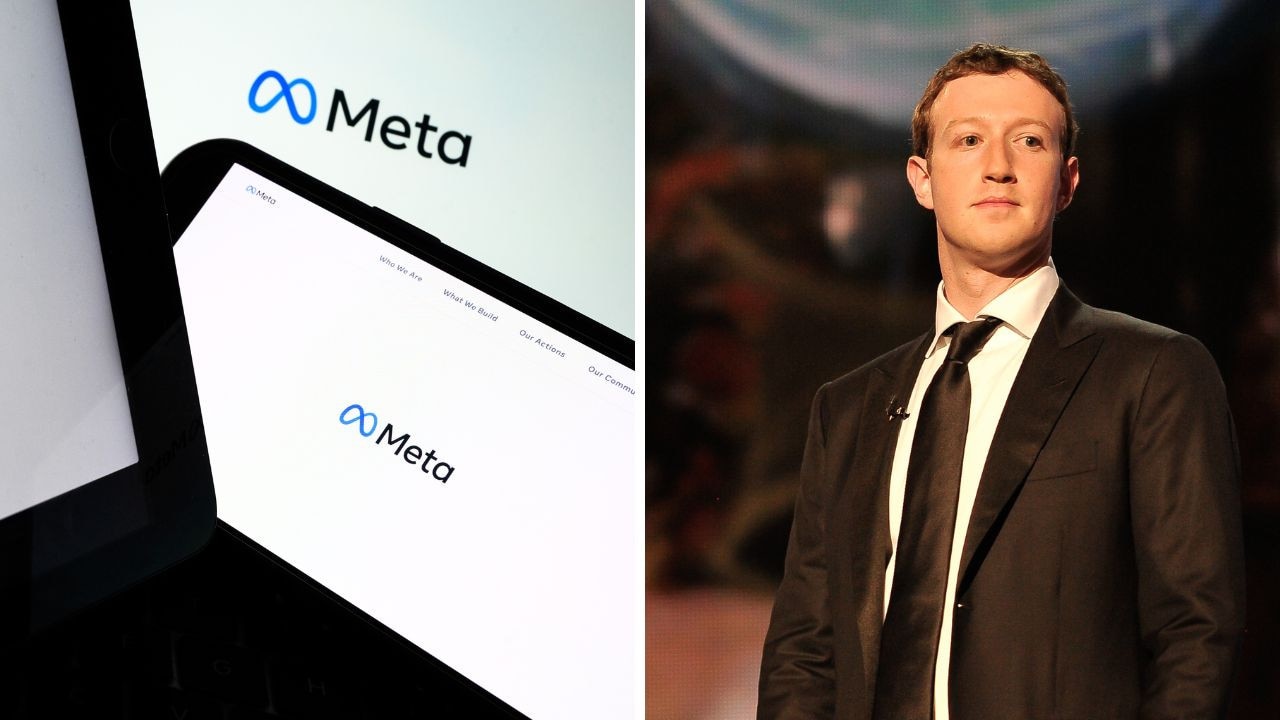
We live in a time and a country where it is easy to take a lot of things for granted.
We have relative safety, freedom of speech and a way of life that is the envy of millions of others less fortunate than us.
One of the many things that I believe we take for granted is a fair and largely independent media sector.
Thousands of journalists around the country work to make sure we stay informed about the communities where we live.
Whether it’s the Newcastle Herald’s dogged coverage of clergy abuse within the Catholic Church that led former prime minister Julia Gillard in 2012 to establish the Royal Commission into Institutional Responses to Child Sexual Abuse or the Lismore City News chronicling the northern NSW’s town’s 2022 flood disaster and slow road to recovery, our journalists, photographers and editors are telling stories that matter to regional Australians.
Without their hard work and diligence, these important stories might never have been told.
But today we all, my children and me included, live in a world where much of what we see and read is accessed via social media.
For ACM, platforms such as Facebook and Instagram have allowed our longstanding local mastheads to share essential news and information with large and diverse audiences. The additional reach has helped us grow our digital subscriber base.
At the same time, though, companies like Meta have grown their advertising business at the expense – and to the detriment – of news publishers.
Losing revenue to competitors is, of course, part of business. But when those same competitors used our content to grow, and thereby profited from the work of our journalists, then something needed to be done.
That something was the News Media Bargaining Code. Introduced in 2021, it was designed to force the global tech giants to negotiate fair compensation for the news content they use and monetise on their platforms.
The deals negotiated after the code came into effect have allowed a continued investment in journalism and news production so that timely, accurate and credible stories can continue to be told.
Then, last week, Meta, the owner of Facebook, Instagram and WhatsApp, decided not to renew its agreements with Australian publishers.
Meta cited an 80 per cent fall in consumption of “news” as part of its reasoning. But when you understand how Meta can adjust the algorithms that direct what you do and don’t see, it’s hard not to be sceptical about how this 80 per cent fall in consumption of “news” suddenly occurred!
The fact is that Meta wants you to see more ads, it thinks it’s OK for you to see fake news, it’s slow to take down stories that promote hate, it doesn’t care about the mental health of its users or the addictive nature of its algorithms, it doesn’t care about the social fabric of communities falling apart – as long as it keeps getting the “clicks” that build the data sets it can sell to advertisers.
And some of its biggest advertising supporters are our federal and state governments.
The very institutions that talk about the importance of a healthy media sector and public interest journalism and the societal ills caused by social media are using your tax dollars to financially fuel the growth of these foreign-owned tech giants.
Finance Department figures show that of the $139 million spent on advertising campaigns in 2012-13 by Australian Government entities such as the Australian Taxation Office, Australian Electoral Commission and Defence, $29 million – or about 20 per cent – went to digital media.
Now that Meta has made plain its complete lack of regard for the news and information that Australians can trust, and the society within which it operates, all levels of our government and all individual MPs need to send Meta an equally clear message: they need to stop advertising on Meta’s platforms immediately. And they should encourage Australian businesses that care about the importance of public interest journalism to do the same.
By 2022-23, this proportion of ad spending on digital media had grown to almost 43 per cent – or $56 million of the total $131 million.
The government doesn’t make clear exactly how much of this significant redirection of its advertising budgets to digital now ends up flowing to Facebook and Instagram and the offshore coffers of Meta.
But when Australian-owned newspapers employing local journalists to report local news for regional communities are seeing the amount of federal government advertising in their pages plunge to next to zero, the consequences of this shift are obvious – and alarming.
It is estimated that Meta, a company worth $1.9 trillion, makes between $2 billion and $5 billion in Australia (the numbers vary so much because it operates in an opaque structure that sees it paying virtually no tax here).
More Coverage
It is long past time for this global giant to balance its profitability against its social and ethical
obligation to its Australian users – and the Australian news providers – who have helped make it so successful.
Tony Kendall is Managing Director of ACM – Australia’s largest regional publisher.
https://news.google.com/rss/articles/CBMimgFodHRwczovL3d3dy5uZXdzLmNvbS5hdS90ZWNobm9sb2d5L29ubGluZS9zb2NpYWwvY29tbXVuaXRpZXMtdG8tZmVlbC1pbXBhY3Qtb2YtbWV0YXMtbWVkaWEtYWdyZWVtZW50cy1kZWNpc2lvbi9uZXdzLXN0b3J5LzVhNjNlNzY0MzUyYWE3YzI4ZTllODAyM2JmMzg0YzRj0gEA?oc=5
2024-03-08 19:08:01Z
CBMimgFodHRwczovL3d3dy5uZXdzLmNvbS5hdS90ZWNobm9sb2d5L29ubGluZS9zb2NpYWwvY29tbXVuaXRpZXMtdG8tZmVlbC1pbXBhY3Qtb2YtbWV0YXMtbWVkaWEtYWdyZWVtZW50cy1kZWNpc2lvbi9uZXdzLXN0b3J5LzVhNjNlNzY0MzUyYWE3YzI4ZTllODAyM2JmMzg0YzRj0gEA
Bagikan Berita Ini














0 Response to "Meta’s careless blow to millions of Aussies - news.com.au"
Post a Comment